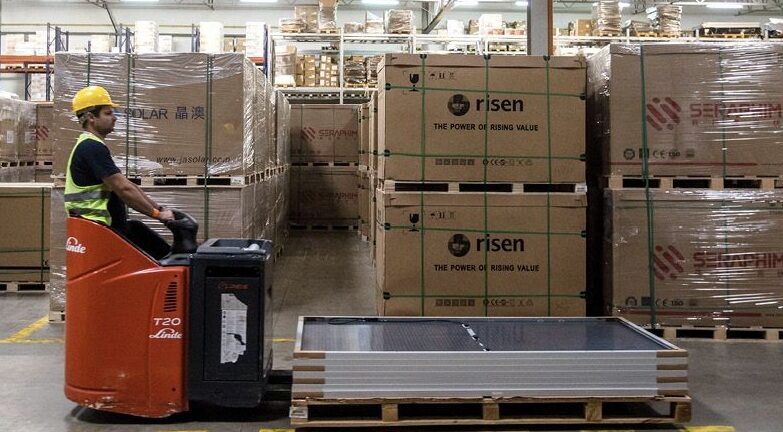
pv magazine: While the government aims to make India a 100% electric vehicle (EV) nation by 2030, there are doubts this can be achieved. What are the main challenges in achieving this target?
Dr Rashi Gupta: Currently, the challenge is the infrastructure. It is a known fact that any vehicle will only run the distance for which its fuel tank can support. To have a balance between cost of the vehicle, charging time and efficiency, EVs have a limited energy capacity, which gives a limited mileage. Given this situation, there is a strong need for fast chargers, which are found as frequently on the roads as petrol/diesel fuelling stations currently are.
Another issue that could come up would be managing the surge power drawn from the grid, given the number of vehicles that would be fast charged together. This power drawal could be locally concentrated or widespread, the effects of which would be different and, if not managed correctly, could be catastrophic.
Read the full interview on pv magazine India.
This content is protected by copyright and may not be reused. If you want to cooperate with us and would like to reuse some of our content, please contact: editors@pv-magazine.com.




2 comments
By submitting this form you agree to pv magazine using your data for the purposes of publishing your comment.
Your personal data will only be disclosed or otherwise transmitted to third parties for the purposes of spam filtering or if this is necessary for technical maintenance of the website. Any other transfer to third parties will not take place unless this is justified on the basis of applicable data protection regulations or if pv magazine is legally obliged to do so.
You may revoke this consent at any time with effect for the future, in which case your personal data will be deleted immediately. Otherwise, your data will be deleted if pv magazine has processed your request or the purpose of data storage is fulfilled.
Further information on data privacy can be found in our Data Protection Policy.